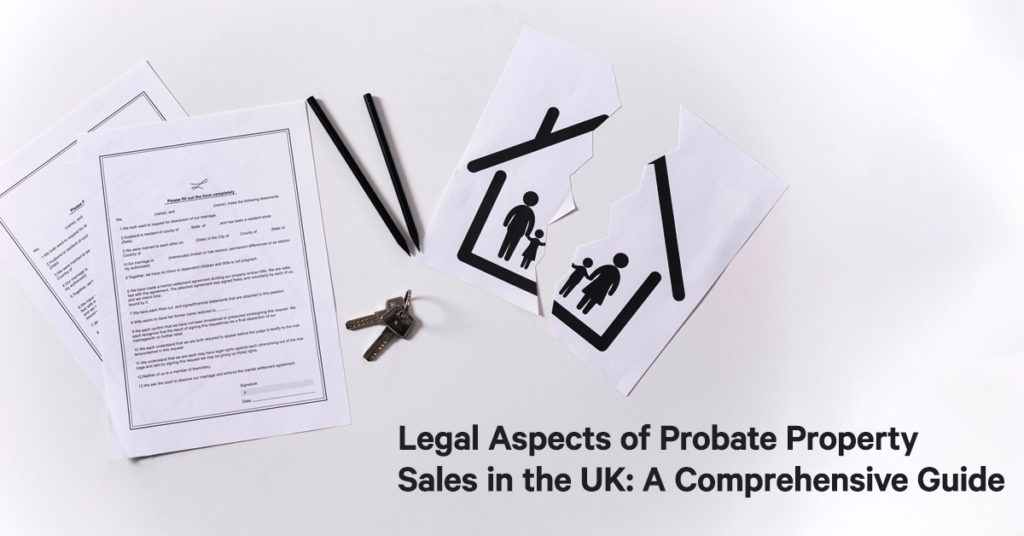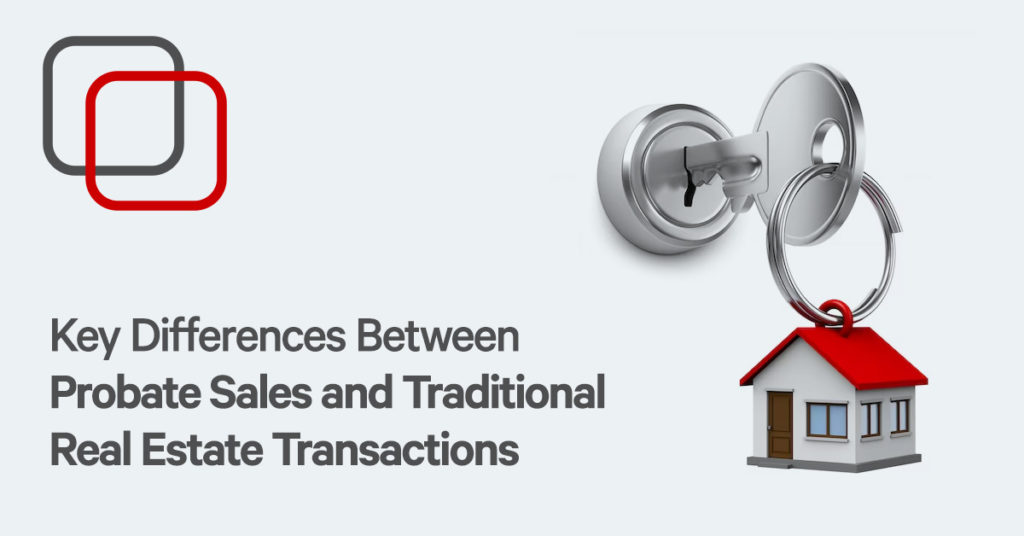
In today’s globalised world, where families and individuals often find themselves spread across continents, managing probate property in the UK from overseas can present unique challenges. The emotional and logistical complexities that come with dealing with the loss of a loved one can be made worse by the practicalities of managing their estate from afar.
In this blog, we’ll explore key considerations and actionable insights to help streamline the management of probate property in the UK from overseas. Whether you’re grappling with legal intricacies, logistical hurdles, or tax implications, we’ll provide practical advice to guide you through each step of the process. From obtaining the necessary legal documents to coordinating property maintenance and addressing tax obligations, our goal is to empower you with the knowledge and tools needed to handle probate property management with ease.
Understanding Probate Property
Before delving into the specifics of managing probate property from overseas, it’s important to grasp the concept of probate itself. Probate is the legal process of administering the estate of a deceased person, making sure that their assets are distributed according to their wishes outlined in a will or the laws of intestacy if there’s no will.
Probate property includes various assets owned solely by the deceased individual, including property, bank accounts, investments, and personal belongings. Managing these assets effectively is essential to make the probate process smooth. Property, in particular, can present unique challenges due to its physical nature and the legal requirements that come with its transfer.
Probate proceedings in the UK typically involve getting a grant of probate or letters of administration, depending on whether the deceased left a valid will. This legal document grants authority to the executor or administrator to manage the deceased’s estate and distribute assets to beneficiaries under the law. The probate process can vary in complexity depending on factors such as the size of the estate, the presence of creditors, and any disputes among beneficiaries.
Challenges of Managing Probate Property from Overseas
Managing probate property from abroad presents several challenges, primarily stemming from the distance and potential differences in legal systems. Some of the key obstacles include:
- Legal Complexity: Navigating the UK’s probate process can be tricky, especially for individuals unfamiliar with British law. Understanding the legal requirements and procedures is essential to avoid complications and delays. Executors living overseas may need to familiarise themselves with UK probate laws or seek professional legal advice to stay compliant and mitigate risks.
- Communication Barriers: Overseas executors or beneficiaries may encounter difficulties in communication with solicitors, financial institutions, and other parties involved in the probate process due to time zone differences and language barriers. Establishing clear lines of communication and leveraging technology can help overcome these challenges, making sure there are timely updates and effective collaboration among stakeholders.
- Practical Matters: Handling practical tasks such as property maintenance, insurance, and utility payments from afar can be challenging, requiring reliable local support or professional help. Executors may need to appoint a property manager or engage local service providers to make sure probate properties are properly looked after and any issues are dealt with quickly. Regular inspections and proactive maintenance can help preserve the value of the estate and pave the way for its eventual sale or distribution to beneficiaries.
- Tax Implications: Managing tax obligations related to the probate property, including inheritance tax and capital gains tax, requires careful consideration to minimise liabilities and make sure UK tax laws are complied with. Executors may need to consult with tax advisors or accountants familiar with international taxation to navigate complex tax regulations and optimise tax planning strategies. Failure to comply with tax requirements can result in penalties or legal consequences, highlighting the importance of thorough tax planning and compliance.
Strategies for Effective Management
Despite the challenges, managing probate property from overseas is possible with proper planning and help. Here are some strategies to facilitate the process:
- Engage a Probate Expert: Seek the guidance of a reputable probate expert with experience in managing international estates. A knowledgeable professional can deal with the legalities on your behalf, providing invaluable support throughout the probate process. From getting the necessary legal documents to coordinating with local authorities and stakeholders, a probate expert can streamline the administration of the estate and reduce the burden on overseas executors or beneficiaries.
- Utilise Technology: Leverage technology to facilitate communication and document sharing. Video conferencing, email, and secure online platforms can bridge the distance and facilitate efficient collaboration between overseas parties and UK-based stakeholders. By embracing digital tools and communication channels, probate stakeholders can stay connected, share updates, and address concerns in real-time, regardless of where they’re based in the world.
- Delegate Responsibilities: If possible, delegate certain responsibilities to trusted individuals or professionals in the UK. This could include appointing a local agent to oversee property maintenance or hiring a solicitor to handle legal matters. Delegating tasks allows overseas executors or beneficiaries to focus on strategic decision-making and high-level planning, knowing that day-to-day operations are in capable hands.
- Stay Informed: Stay informed about the progress of the probate process and regularly communicate with relevant parties to address any issues or concerns promptly. Transparency and proactive communication are key to overcoming challenges and making sure the outcome is successful. Executors should keep open lines of communication with solicitors, beneficiaries, and other stakeholders, providing updates on key developments and getting input or feedback as needed.
Overcoming Challenges with Expert Support
Managing probate property in the UK from overseas may present unique challenges, but with the right approach and support, it can be managed effectively. By understanding the probate process, addressing legal complexities, and utilising available resources, overseas executors and beneficiaries can make sure the administration of assets is handled efficiently.
If you need help with managing probate property from abroad, Probates Online is here to support you. Our team of probate experts specialises in handling international estates, providing full support tailored to your specific needs. Whether you need help with obtaining probate, managing property assets, or understanding tax obligations, we’ve got the expertise to guide you through every step of the process.
Complete our contact form, and we’ll call you back within a few hours. Or, please call 01603 552028 or email us at hello@probatesonline.co.uk for personalised support. With the right help and guidance, dealing with probate property from overseas can be a manageable process, allowing you to fulfil your responsibilities and secure the legacy of your loved ones effectively.






